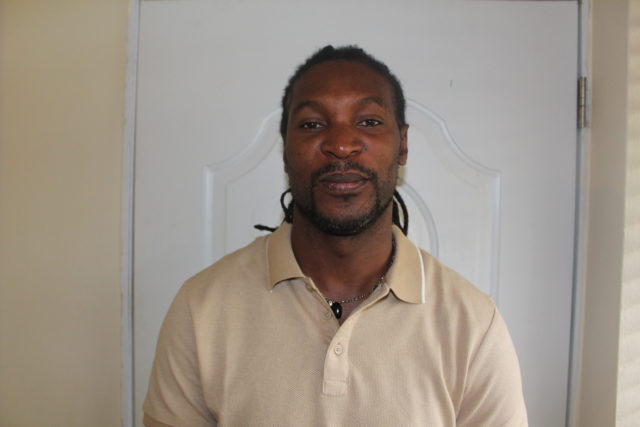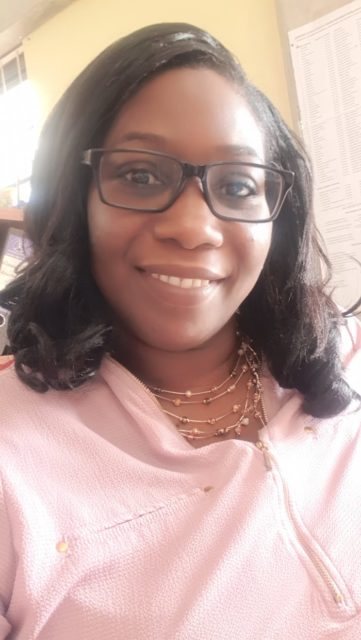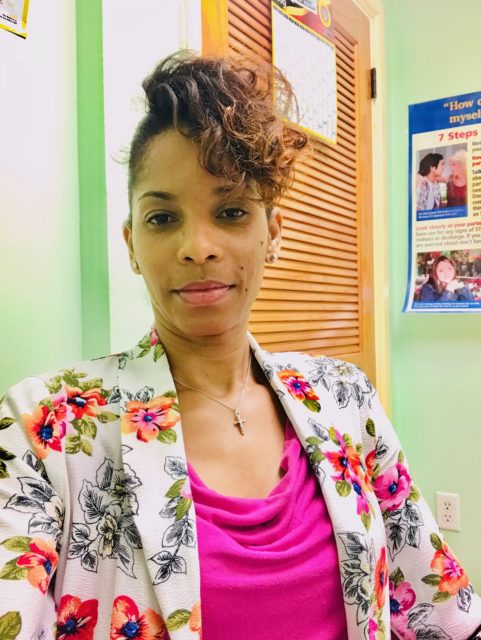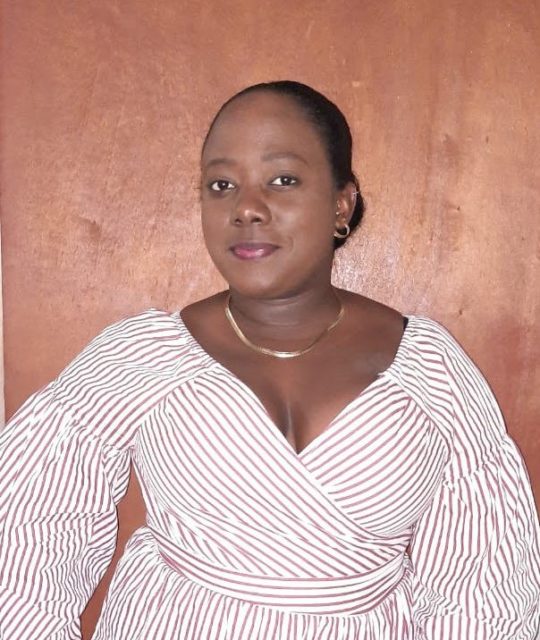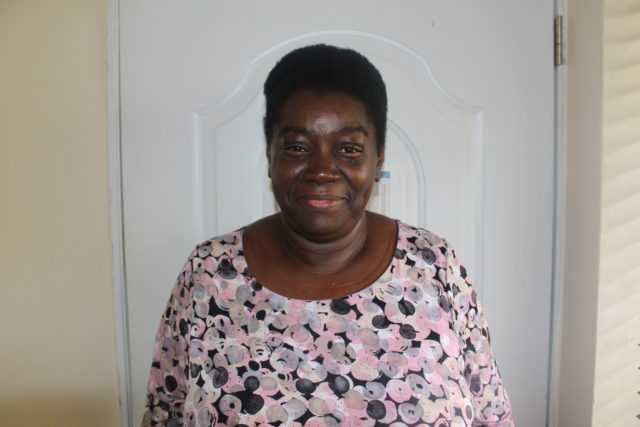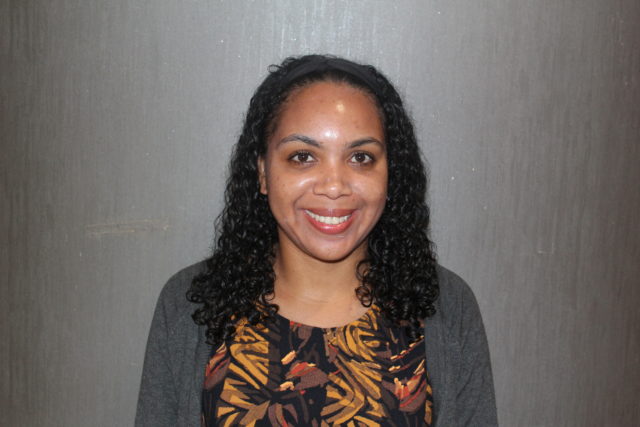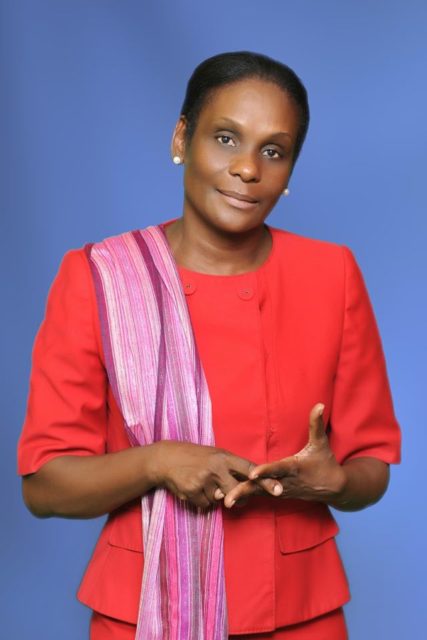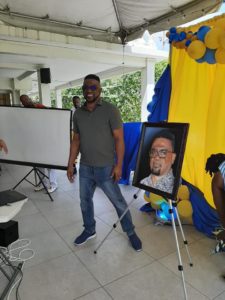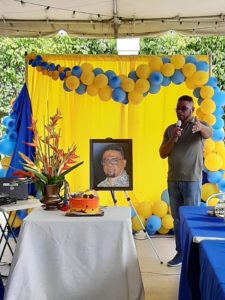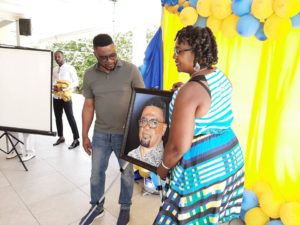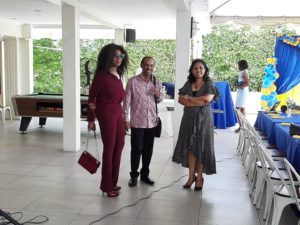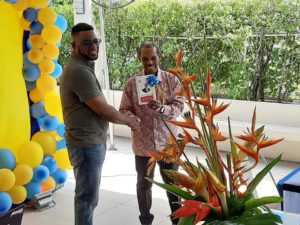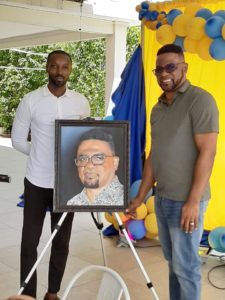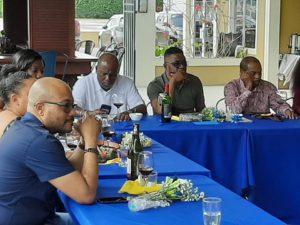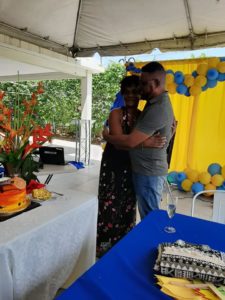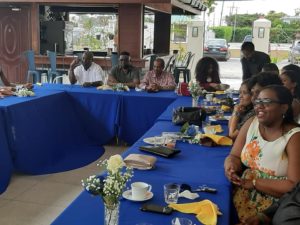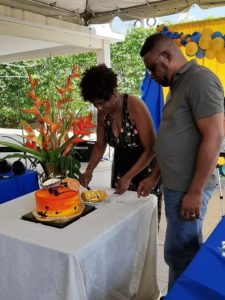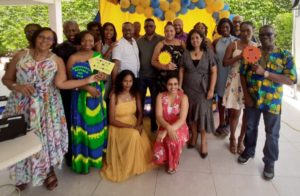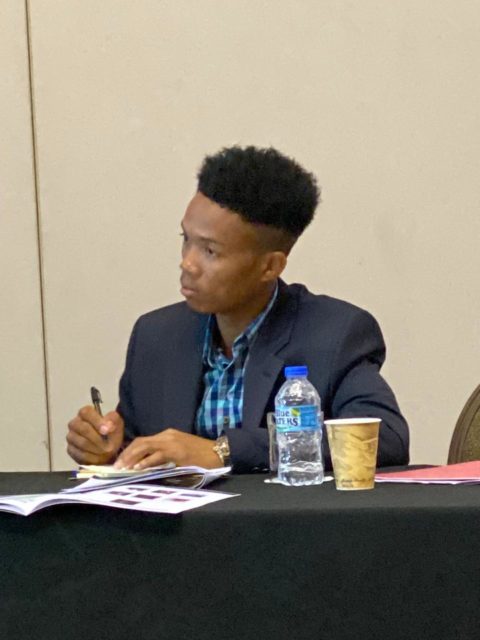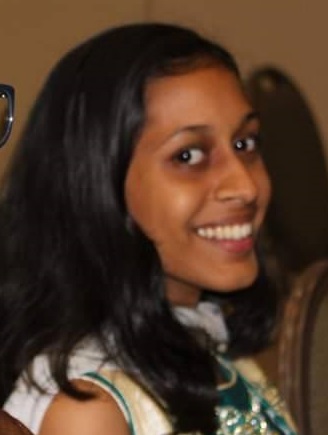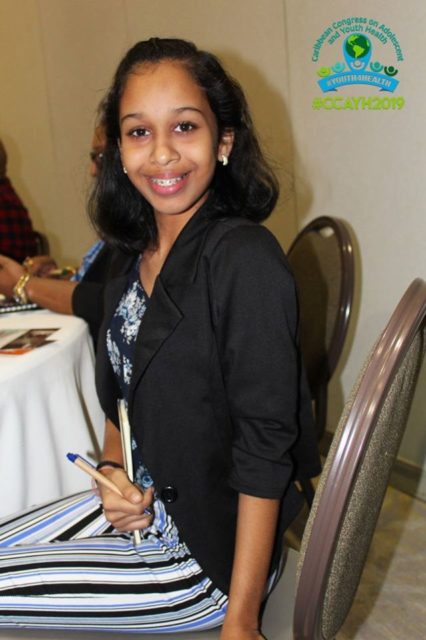What an awesome learning experience, seeing in action government, non-governmental organisations (NGOs), civil society organisations (CSOs) working in a harmonised partnership on an effective response to HIV and the provision of services needed and required by People Living with HIV (PLHIV). This is one of the most important lessons that I am taking away from the South-South learning experience to the Dominican Republic arranged by PANCAP in collaboration with Integral Orientation and Research Centre/Centro de Orientacion e Investigacion Integral (COIN). The learning exchange was supported with funding from the United States Agency for International Development (USAID).
I was literally blown away when I visited the National AIDS Programme (NAP) and the Ministry of Public Health and Social Assistance. I was informed that the government had a mechanism in place for social contracting with CSOs. They can access part funding by writing a proposal and meeting specified requirements for the services they offer.
Additionally, the CSOs who are awarded a grant can work with other sub-recipients and sub-sub recipients to reach key populations where they are most comfortable accessing services.
Further, the CSOs are trained on project management, given guidance and are held accountable through yearly audits and have to report to the Ministry on the activities conducted.
The one-stop services offered to locals and migrants at COIN, and the Dominican Institute of Virological Studies (IDEV) were also impressive. In one visit, the client can have access to a multi-disciplinary team of specialists including medical doctors and laboratory tests such as HIV, VDRL, HB, Hepatitis B and C, liver and kidney functions, etc.
Clients also have access to Antiretrovirals, psychosocial services, gynaecological and urological examinations. Treatment for sexually transmitted infections (STIs) and other infections are also done. In addition, clients can access legal services. Other services include anal care, Tuberculosis (TB) prevention and control, syringe exchange programme, Haitian Migrant HIV and STIs services, migrant female sex workers support, and a support group for babies who were born HIV positive and are now parents of HIV negative babies.
Further, there was a presentation done by Dr Robert Paulino, Director del Instituto de Medicina Tropical and Salud Global Universidad Iberoamericana, on the care and treatment given to persons at risk for contracting HIV and the Pre-Exposure Prophylaxis (PrEP) services offered. This system is based on referral. The individual will be interviewed and a risk assessment conducted. They are then sent for the relevant laboratory investigations such as HIV, Hepatitis, VDRL, liver and kidney functions tests. If the HIV test is negative, then PrEP will be initiated. There will be a “follow up” with the patient 15 days after commencement of treatment then every three months.
There were some challenges experienced by PrEP implementers in the Dominican Republic, which I would need to consider when implementing my programme. These are ensuring that the clients understand the importance of condom use during PrEP in preventing the transmission of other STIs and the importance of immunising against Hepatitis B.
The Dominican Republic HIV response also had agencies which enabled key populations to report on issues affecting their human rights and to seek redress when their rights are abused. Two of the agencies visited were Caribbean Vulnerable Communities Coalition (CVC) where I learnt about the Shared Incident Database (SID) which facilitates the reporting of human rights abuses by key populations and Transsa, a CSO group, which provides services for transwomen.
Throughout the five days, we also learnt about the progress of each OECS country in achieving the 90-90-90 Targets. We realised that we share similar strengths, weaknesses and challenges, but we are resolute in making sure that our countries reach the 90-90-90 Targets by 2025.
The South-South learning exchange gave me a clear view as to where my country’s programme needs to go and clear steps on how to get there through the forming of strong linkages and alliances with NGOs and CSOs.
I am leaving the Dominican Republic motivated to continue to work towards an HIV programme which will meet the needs of the various populations who are in need of HIV prevention, care, treatment and support services to reduce the negative impact of HIV in Antigua and Barbuda.

